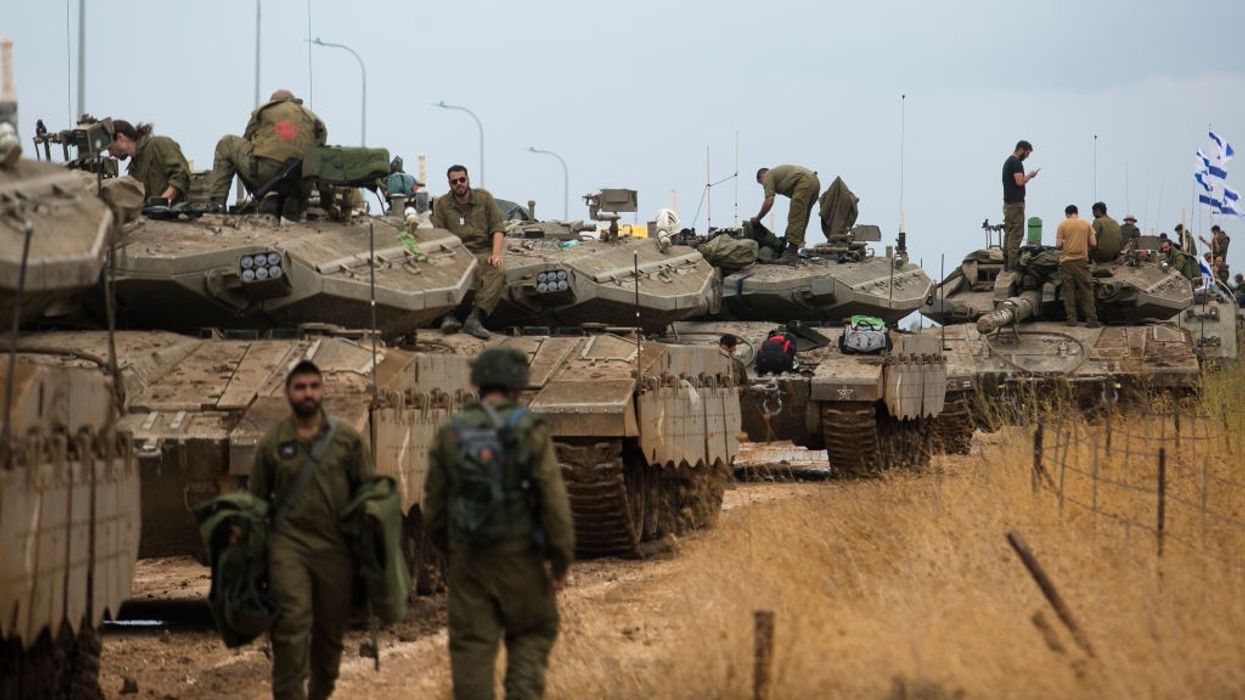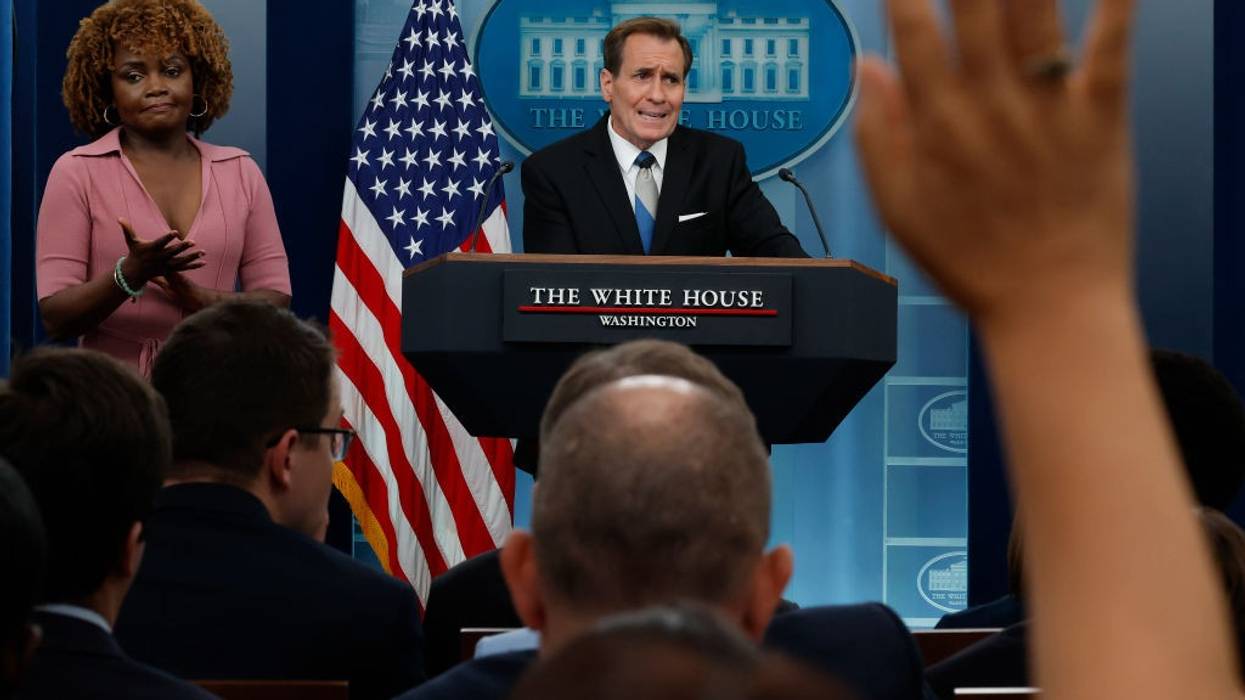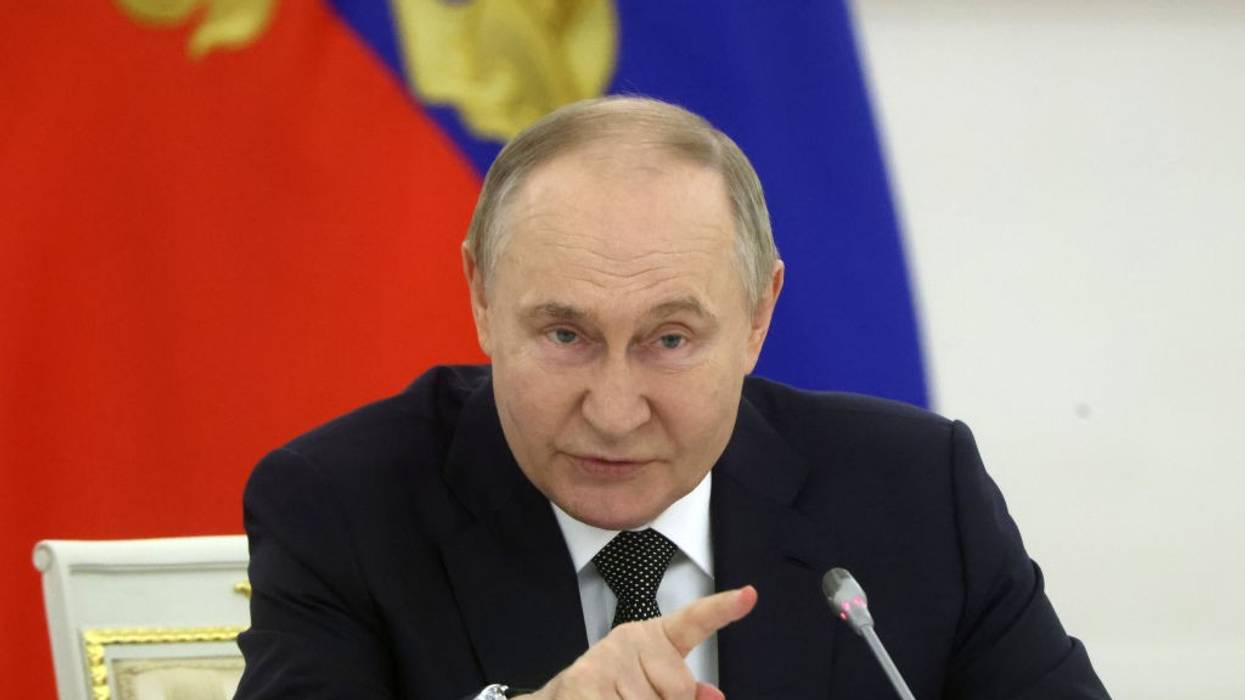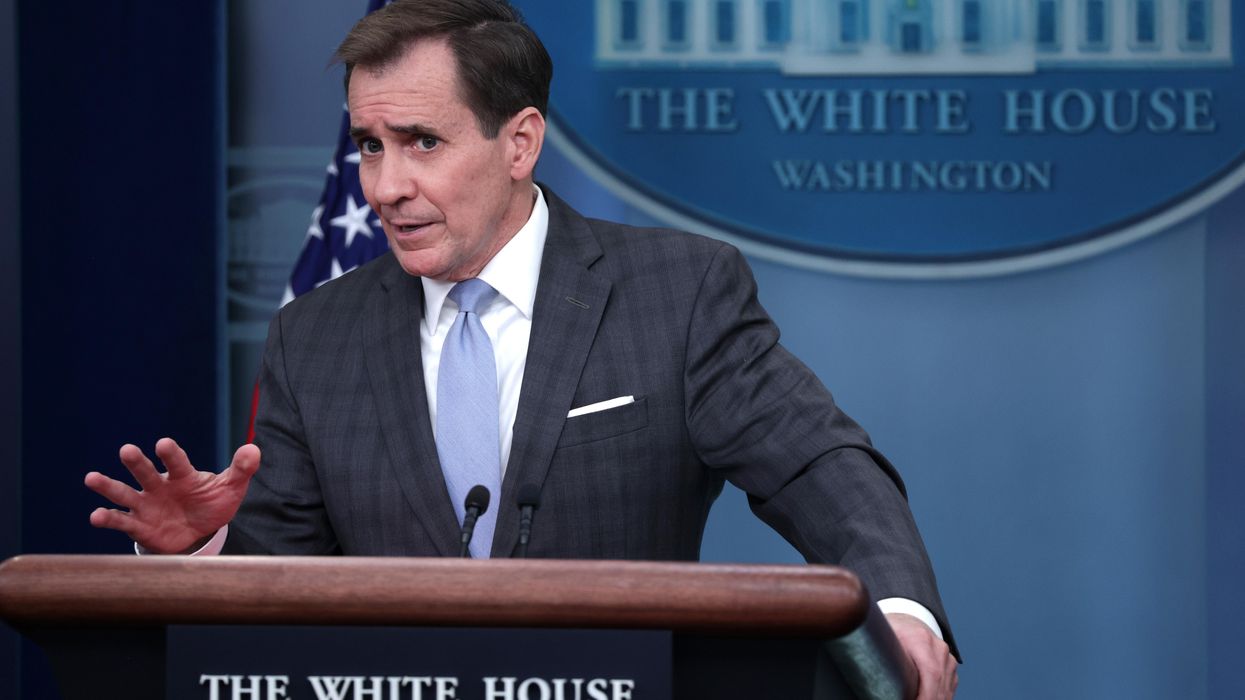Fears of 'Imminent Catastrophe' Mount as Hezbollah Hits Back Amid Israeli Airstrikes
"It cannot be overstated enough: There is NO military solution that will make either side safer," said one U.N. official.
Fears of an all-out Middle East war mounted Sunday as Hezbollah fired more than 100 rockets into Israel, whose military continued bombing targets in southern Lebanon while moving troops, tanks, and other equipment toward the northern border.
During a Sunday funeral speech for three members killed in Israeli airstrikes, Hezbollah Deputy Secretary-General Naim Qassem declared an "open-ended battle" with Israel was underway. Hezbollah is reeling from last week's unprecedented surprise attack on communication devices that killed dozens of people and wounded thousands more, as well as Israeli airstrikes on Beirut suburbs that have slain dozens of Lebanese including women and children and injured scores more.
The dead include senior Hezbollah commander Ibrahim Aqil.
"We admit that we are pained. We are humans. But as we are pained, you will also be pained," Qassem told mourners at Aqil's funeral, directing his remarks to Israel.
In Israel, air raid warning sirens blared warnings of incoming Hezbollah rocket fire that penetrated further south in Israel than at any time in nearly two decades, sending residents scrambling for shelters. Israeli media reported 13 people injured—one of them seriously—and heavy damage to homes and cars.
As officials closed schools, limited gatherings, and ordered hospitals to move patients in the north, the Israel Defense Forces moved troops, tanks, and other equipment toward the border with Lebanon. Numerous social media posts said Israeli reservists had received emergency call-up orders, known as Tzav 8s.
Israeli Prime Minister Benjamin Netanyahu said Sunday that his far-right government would "take whatever action is necessary to restore security" in the northern part of Israel.
"No country can accept the wanton rocketing of its cities," he said. "We can't accept it either."
Hezbollah said it would not stop fighting until Israel stops its assault on Gaza, for which it is on trial for genocide at the International Court of Justice.
Jeanine Hennis-Plasschaert, the United Nations envoy for Lebanon, said on X, formerly known as Twitter, that "with the region on the brink of an imminent catastrophe, it cannot be overstated enough: There is NO military solution that will make either side safer."
European Union foreign policy chief and European Commission Vice President Josep Borrell
said on social media Sunday that "the E.U. is extremely concerned by the escalation in Lebanon, following Friday's attacks in Beirut and the increasing cross-border violence between Israel and Hezbollah."
"Civilians on both sides are paying an enormous price," Borrell added. "An immediate ceasefire is needed."
In the United States, White House national security spokesman John Kirby
told ABC's "This Week" on Sunday that the Biden administration—which supplies Israel with billions of dollars in arms and diplomatic cover—is "involved in extensive and quite assertive diplomacy."
"We want to make sure that we can continue to do everything we can to try to prevent this from becoming an all-out war there with Hezbollah across that Lebanese border," he added. "We still believe that there can be time and space for a diplomatic solution here."



